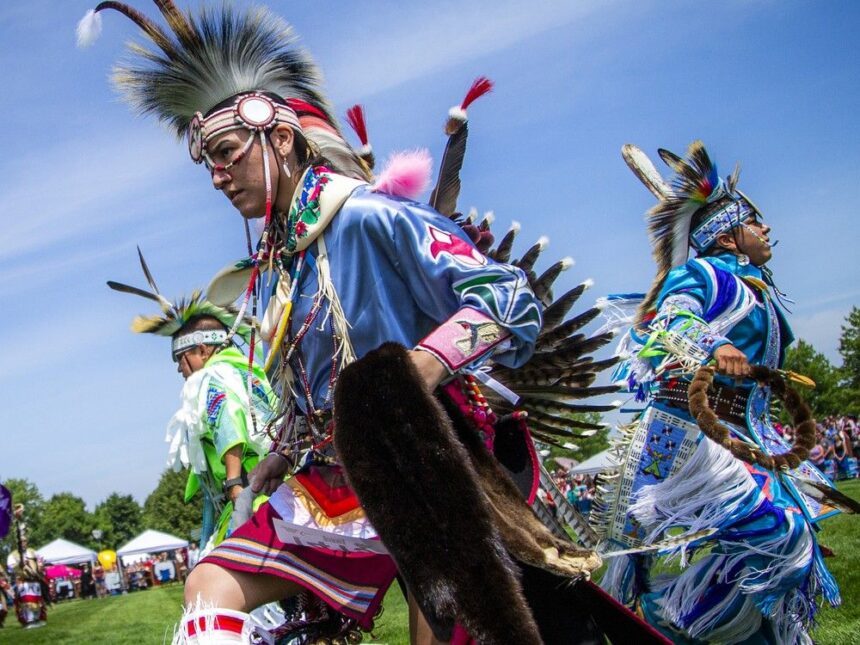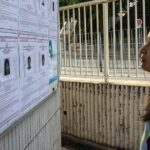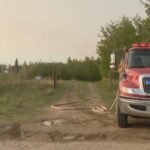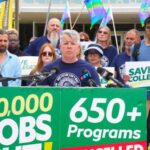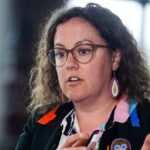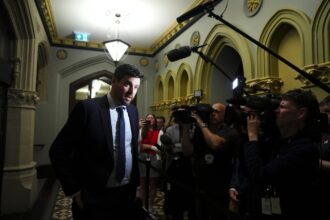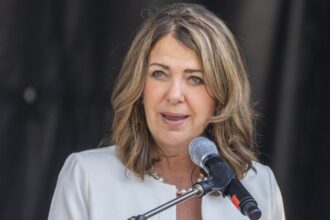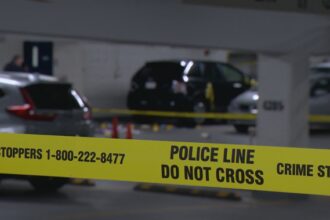As the morning light filtered through the stained-glass windows of the National Centre for Truth and Reconciliation in Winnipeg, elder Marie Wilson’s voice echoed with a mixture of hope and disappointment. “We’ve moved inches when we needed miles,” she said, reflecting on the decade since the Truth and Reconciliation Commission (TRC) released its final report with 94 calls to action.
A comprehensive national survey released today reveals a deeply fractured Canadian perspective on reconciliation efforts, with just 34% of Canadians believing significant progress has been made in addressing historical injustices against Indigenous peoples. This stark division comes as the country approaches the tenth anniversary of the TRC’s landmark report that aimed to chart a path forward for healing and reconciliation.
The survey, conducted by the Reconciliation Barometer Institute, polled over 3,500 Canadians from diverse backgrounds and regions. Results show a clear demographic and regional split in perceptions. Urban residents under 40 were twice as likely to recognize positive change compared to rural Canadians over 60. Perhaps most troubling, 28% of respondents admitted they were unfamiliar with the TRC’s calls to action—fundamental guidelines meant to reshape Canada’s relationship with First Nations, Métis, and Inuit peoples.
“The data reflects not just policy failures but a profound communication gap,” explains Dr. Sarah Morales, Indigenous legal scholar at the University of Victoria. “Many Canadians still don’t understand what reconciliation truly requires or how it relates to their daily lives.”
Where progress has occurred, it’s been uneven. Education systems across Canada have incorporated Indigenous perspectives into curricula, and land acknowledgments have become standard practice at public events. However, critical areas like child welfare reform, clean drinking water on reserves, and addressing the disproportionate incarceration of Indigenous peoples remain severely lacking.
Minister of Crown-Indigenous Relations Marc Miller acknowledged these shortcomings in a statement to CO24 Politics: “We recognize that progress has not been fast enough or comprehensive enough. The federal government remains committed to implementing all 94 calls to action, though we acknowledge the timeline has extended beyond what was initially hoped.”
Indigenous leaders have expressed mixed reactions. National Chief Cindy Woodhouse of the Assembly of First Nations pointed to meaningful progress in language revitalization and cultural reclamation, while emphasizing that “structural inequalities remain deeply entrenched in Canadian systems that continue to marginalize our peoples.”
Economic reconciliation has shown some promise. The Indigenous economy now contributes approximately $32 billion annually to Canada’s GDP according to business analysts, with Indigenous-owned enterprises growing at six times the rate of non-Indigenous businesses. However, barriers to capital, infrastructure gaps, and resource disputes continue to hinder potential growth.
Perhaps most concerning is the persistent gap in basic understanding between Indigenous and non-Indigenous Canadians. The survey found that 67% of non-Indigenous respondents believe reconciliation is “primarily the government’s responsibility,” while 83% of Indigenous participants view it as requiring personal commitment from all Canadians.
As dusk settles over Parliament Hill, the question remains: has Canada truly reckoned with its colonial past? The evidence suggests a nation still struggling to move from acknowledgment to action. Without renewed commitment and clear metrics for success, the next decade may yield equally disappointing results.
As we mark this somber anniversary, Canadians must ask themselves: what personal responsibility are we willing to take to transform reconciliation from political rhetoric into lived reality for the First Peoples of this land?

